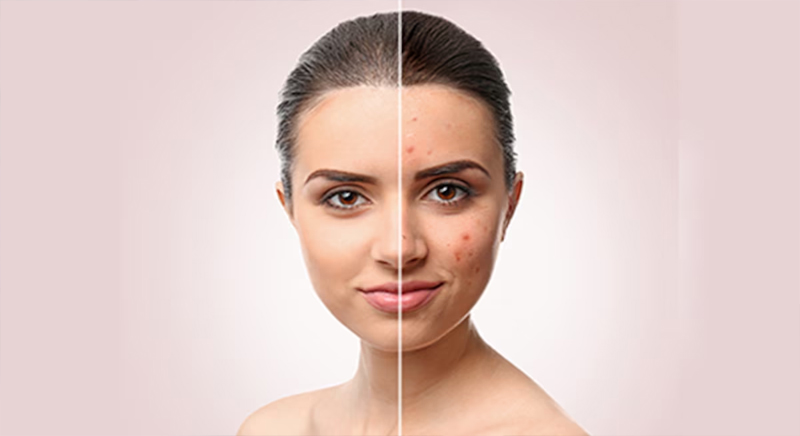
Acne Treatment
Acne is a common skin condition that affects many people, especially during adolescence. It is characterized by the appearance of pimples, blackheads, and whiteheads on the skin, particularly on the face, neck, chest, and back. Acne can be caused by several factors, including hormonal changes, genetics, and lifestyle choices. While it is not a serious medical condition, acne can be a source of embarrassment and self-consciousness for those who suffer from it.
Fortunately, there are several effective treatments available for acne. Depending on the severity of the condition, treatments can range from over-the-counter remedies to prescription medications and professional procedures.
Here are some common acne treatments:
Over-the-counter (OTC) remedies
OTC acne products are widely available and can be effective for mild to moderate acne. These products typically contain ingredients such as benzoyl peroxide, salicylic acid, or alpha-hydroxy acids, which work by reducing inflammation, unclogging pores, and killing bacteria. When using OTC acne products, it’s essential to follow the instructions carefully and avoid overuse, which can cause skin irritation and dryness.
Prescription medications For more severe acne, prescription medications may be necessary. These medications are usually prescribed by a dermatologist and may include topical or oral antibiotics, retinoids, or hormonal therapy. These medications work by targeting the underlying causes of acne, such as bacteria, inflammation, and hormonal imbalances. It’s essential to follow the dermatologist’s instructions carefully and to be aware of possible side effects.
Professional procedures For severe or persistent acne, professional procedures may be necessary. These procedures include chemical peels, microdermabrasion, and laser therapy. These procedures work by exfoliating the skin, reducing inflammation, and promoting skin healing. They should be performed by a licensed dermatologist or aesthetician and may require multiple sessions for optimal results.
In addition to these treatments, there are several lifestyle changes that can help reduce acne symptoms. These include:
Keeping skin clean and hydrated
Regularly washing the face with a gentle cleanser can help remove excess oil and dirt that can clog pores and contribute to acne. It’s essential to avoid harsh soaps or scrubs that can cause skin irritation. Moisturizing the skin can also help prevent dryness and irritation.
Avoiding triggers
Certain foods, such as dairy and high-glycaemic-index foods, can trigger acne in some people. Stress, hormonal fluctuations, and environmental factors can also contribute to acne. Identifying and avoiding these triggers can help reduce acne symptoms.
Managing stress Stress can contribute to acne by increasing inflammation and hormonal imbalances. Engaging in stress-reducing activities such as exercise, yoga, or meditation can help reduce acne symptoms.
In conclusion, acne is a common condition that can be treated effectively with a combination of over-the-counter remedies, prescription medications, professional procedures, and lifestyle changes. If you are suffering from acne, it’s essential to consult with a dermatologist to determine the most appropriate treatment plan for your individual needs. With the right treatment and care, you can achieve clear, healthy skin and regain your confidence.
Get In Touch


